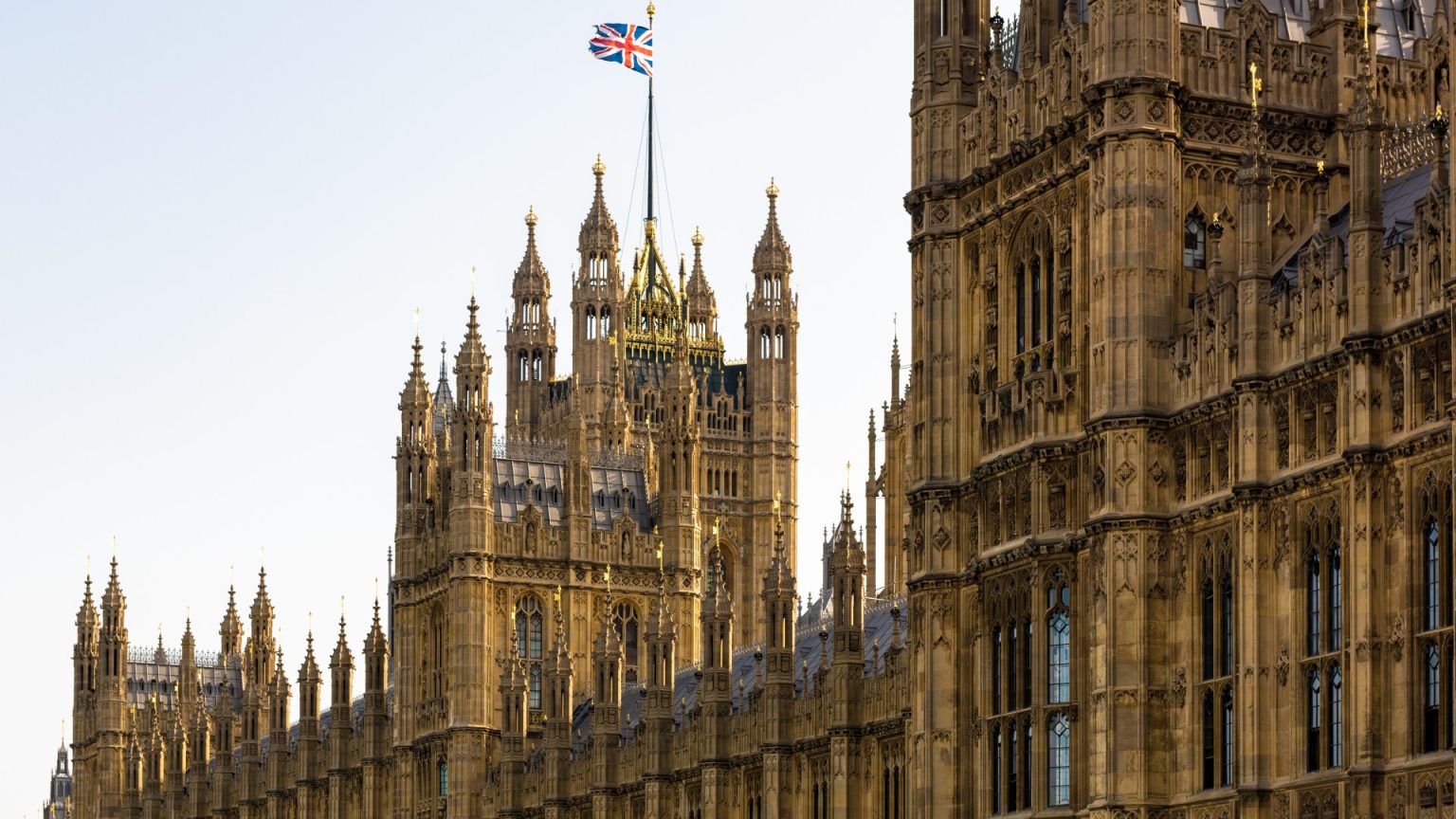The closure of Parliament’s iconic Stranger’s Bar has sparked a wave of concern and introspection within the hallowed halls of Westminster. The decision, made by Speaker Sir Lindsay Hoyle, follows a serious allegation of drink spiking reported by a female parliamentary staffer to the Metropolitan Police. This incident, which allegedly occurred on January 7th, shortly after the conclusion of the Christmas recess, prompted a swift response from the authorities, culminating in the bar’s closure pending a thorough review of security and safety protocols. The incident has cast a shadow over the bar’s reputation, raising questions about the vulnerability of those working within the parliamentary estate and highlighting the potential risks associated with the traditionally relaxed atmosphere of the venue.
Stranger’s Bar holds a unique position within the parliamentary ecosystem. It is more than just a watering hole; it serves as a social hub, a meeting place for MPs, their guests, and members of the press. Its intimate setting, nestled against the backdrop of the Thames-side terrace, fosters an environment of informal interaction and networking, a space where political discourse mingles with social exchange. This very atmosphere, which contributes to its legendary status, is now under scrutiny, as the alleged spiking incident raises concerns about the potential for exploitation and the need for enhanced vigilance. The closure, therefore, represents a significant disruption to the social fabric of Parliament.
The incident also brings into sharp focus the unique working conditions within the Palace of Westminster. MPs often find themselves in a precarious position, needing to leave their drinks unattended while attending to their parliamentary duties, such as voting in the Commons chamber. This practice, a necessary consequence of the demands of their roles, creates an inherent vulnerability, an opportunity for malicious acts to go undetected. The alleged spiking has ignited a debate about the balance between maintaining the traditional customs of Parliament and ensuring the safety and well-being of its occupants.
The response to the incident underscores the gravity of the situation. Downing Street, while refraining from issuing specific directives, has emphasized the need for “common sense” amongst politicians, subtly acknowledging the potential risks and urging a heightened awareness of personal safety. The Speaker’s decision to close Stranger’s Bar reflects a commitment to prioritizing the security of all those within the parliamentary estate, sending a clear message that such incidents will not be tolerated. The closure signifies a break from tradition, a recognition that the status quo may require reassessment in light of evolving security concerns.
Stranger’s Bar has witnessed its share of controversies over the years, adding to its complex legacy. From the infamous brawl involving former Labour MP Eric Joyce to the current allegations of drink spiking, the bar’s history is interwoven with incidents that have tested the limits of acceptable behavior and highlighted the potential for misconduct within its confines. These events, though distinct in nature, collectively contribute to a narrative that questions the effectiveness of existing security measures and underscores the need for a comprehensive review of safety protocols. The current investigation and subsequent closure offer an opportunity to address these concerns and implement necessary changes to prevent future incidents.
The ongoing police investigation into the alleged spiking remains crucial in determining the full circumstances of the event. The Metropolitan Police have confirmed their commitment to supporting the victim and pursuing all avenues of inquiry. While no arrests have been made at this stage, the investigation is expected to shed light on the events of January 7th and provide valuable insights into the potential vulnerabilities within the parliamentary estate. The outcome of this investigation will likely inform the security review and shape the future of Stranger’s Bar, potentially leading to changes in access, operational procedures, and security protocols within the broader parliamentary environment. The incident serves as a stark reminder of the need to balance tradition with security, ensuring the safety and well-being of all within the historic walls of Westminster.




